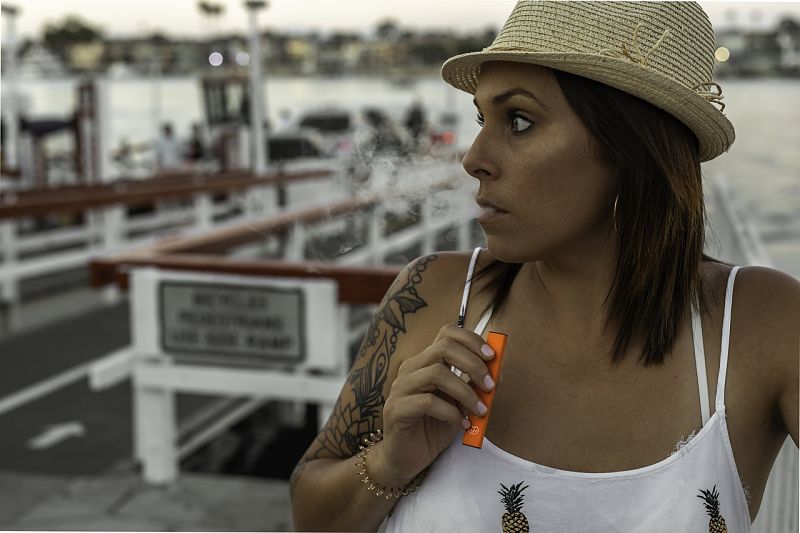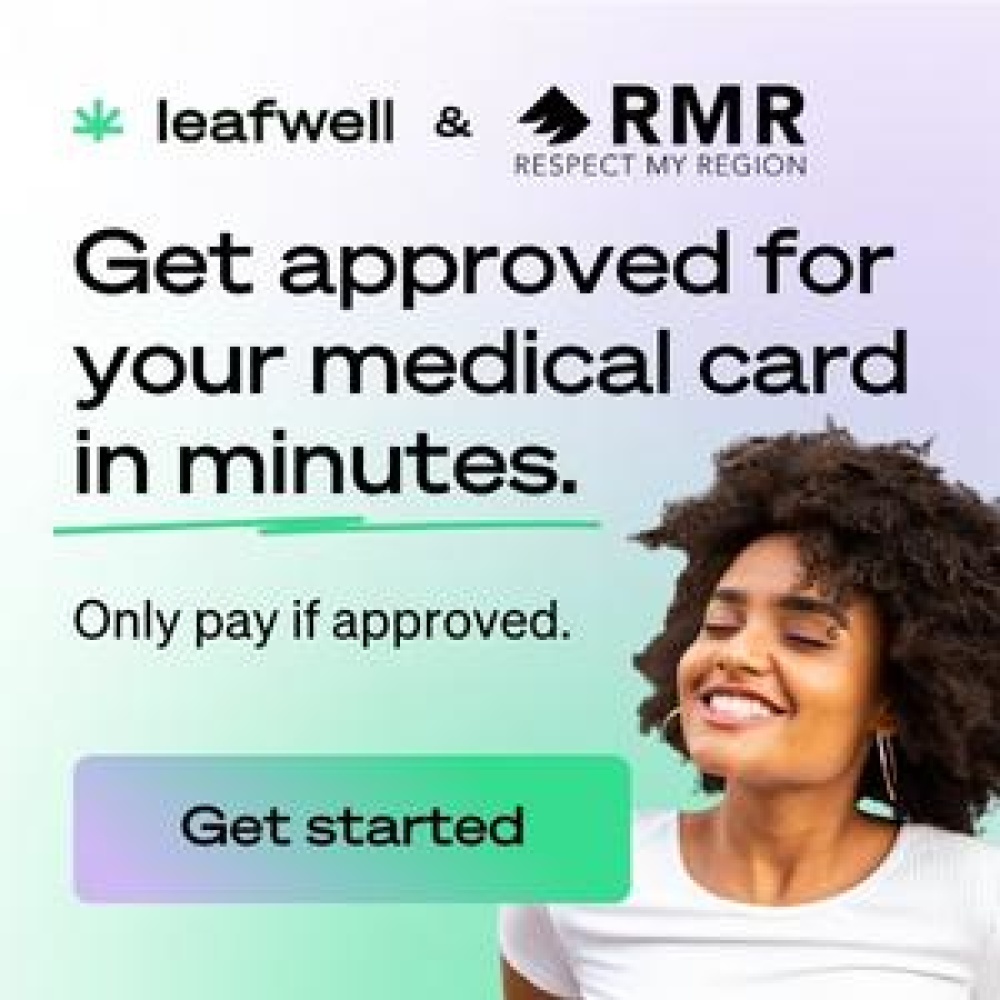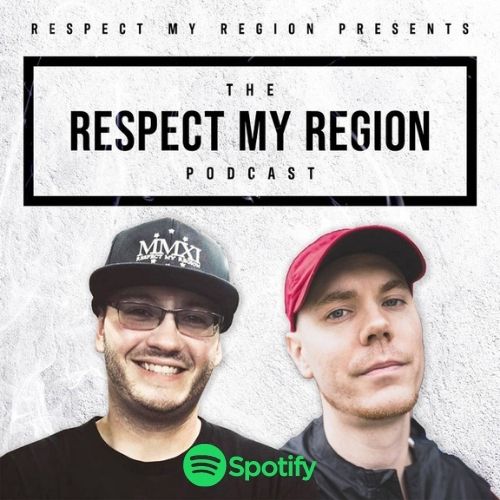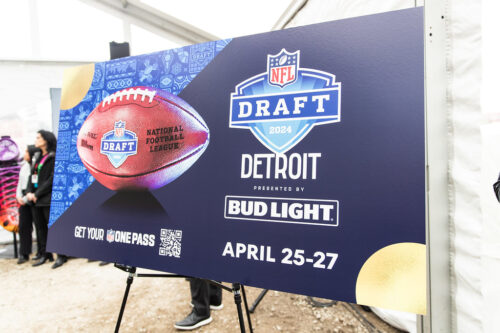Yesterday, board members of Washington’s Department of Health made the vote to adopt an emergency rule banning all flavored vaping cartridges for the next 120 days. This also includes any cannabis cartridge with flavoring, excluding those that use cannabis-derived terpenes. By today, the new chapter, WAC 246-80-010, has come into effect. What the LCB and the Department of Health fail to understand is how much of a major blow they’ve just dealt
The duration of the emergency rule implies the state’s desire to readdress the matter in 2020. The legal age for vaping tobacco or THC also goes up to 21 when January hits. Washington’s Department of Health, along with governor Jay Inslee and his recent executive order, believe immediately adopting this rule is “necessary to prevent and reduce youth and young adult exposure to lung disease.” But do they realize who they’re really hurting?
All vape products are currently under heavy investigation. The Centers for Disease Control, U.S. Food and Drug Administration, Washington State Department of Health, and many other state and local health departments are currently investigating. As of late, more than 1,000 cases of lung diseases have been reported across the U.S., including 18 deaths. Overall though, let’s remember that Jay Inslee said, “we don’t have evidence at the moment that the flavoring chemistry itself is the reason for the disease.” So, at the end of the day, the true source of this lung illness remains ambiguous.
Who’s Been Lying To Us?
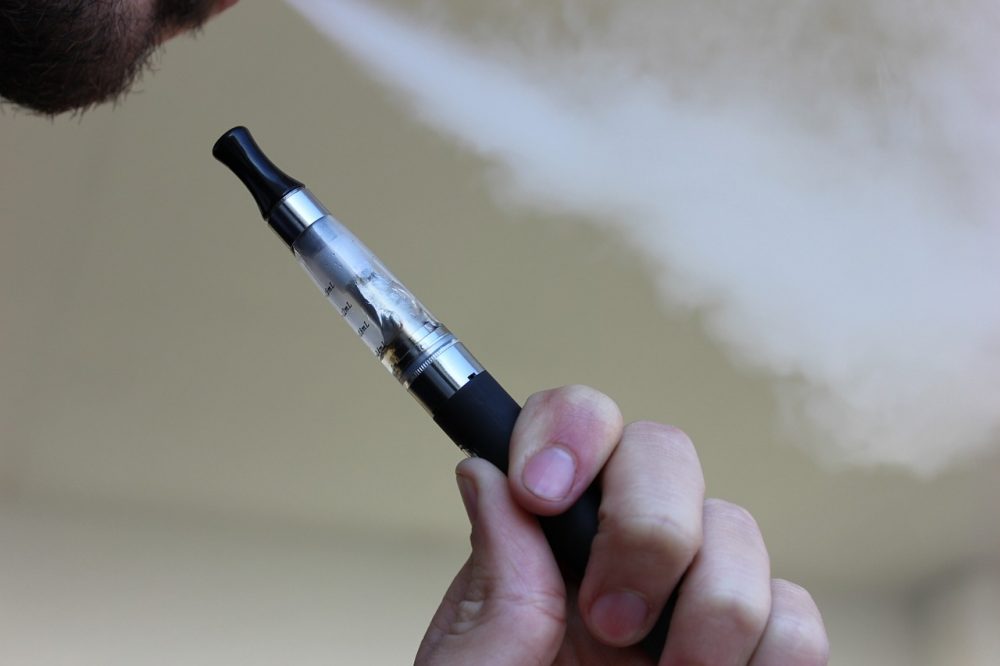
One of the key points from the DoH board member meeting was that “vapor products are not adequately regulated and there is not sufficient standardization, testing, or oversight of these products.” This is entirely true when it comes to both e-cigarettes, and legal cannabis cartridge makers. In Washington alone, there are more brands than I can count that use synthetic flavoring, or even falsely claim to use “strain specific” terpenes.
As a fellow concerned cannabis consumer, I feel it’s necessary to bring up these points. Our sources estimate that an overwhelming majority of cannabis cartridge makers in Washington state have put non-cannabis-derived terpenes or flavorings into their carts. Many of
Let’s get one thing straight—food scientists are brilliant. They have been able to literally make your mouth water from breakthroughs in synthesizing aroma and flavor. Have you have had Lucky Charms or Captain Crunch? But should this (albeit tasty) flavoring be in your cannabis oil? The only thing that could get in the way of a company being able to deliver additive-free cannabis products are the usual factors—time, money, and manpower. Keep in mind it takes a lot of biomass to get enough terpenes and distillate to get a potent blend. But still, would you add synthetic flavor into an aged, single barrel whisk
What Does A “Characterizing Flavor” Mean?
Section 4 of this emergency rule further describe what constitutes a flavored vapor product. It says “flavored vapor product means any vapor product that imparts a characterizing flavor.” How many cannabis brands can you think of that have cartridges that use these names or have any strong presence of these flavors?

How Will This Action Hurt Washington’s Legal Cannabis Market?
Have you ever seen a cartridge at a rec shop in Washington that had a strain name that you’ve never heard of before? But it features a fruit or prominent flavor such as “mint,” or “strawberry” in the name? To look at some financial implications of this ban, say there’s a company with 10,000 cartridges that use non-cannabis-derived terpenes for flavoring. If they’re selling these cartridges at $15 a piece wholesale, that alone would be a $150,000 loss in revenue. How many companies in the i502 market that are barely breaking even can suffer that much of a loss? Not to mention the cost of having to bring in enough biomass to make clean products and get them tested?
The LCB and the Department of Health deserve a pat on the back for imposing this level of regulation, because we deserve cannabis products that are pure, and additive-free. The bigger picture though, is that many of these companies have been able to hide behind clever marketing, and use “tobacco list approved” flavorings. These companies may have other endeavors that are more compliant, but
I think it’s important to broach these topics and ask these questions because major news publications won’t. The reason they won’t is

